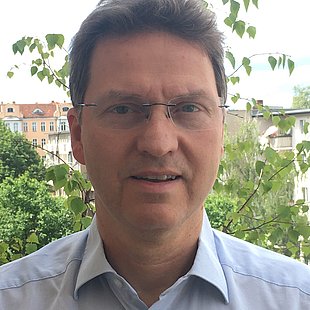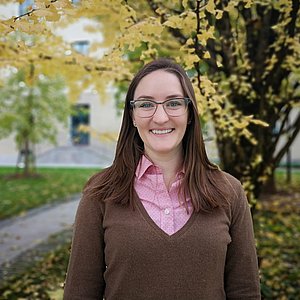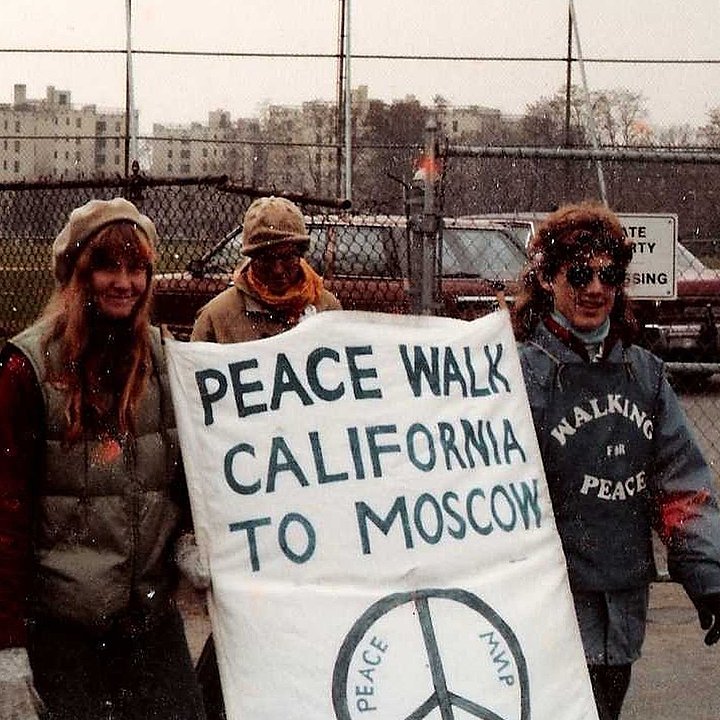ACHTUNG: Der Fortbildungsort hat sich geändert.
Über die Fortbildung
Diese Fortbildung wird aktuell als Präsenzveranstaltung geplant.
This teacher seminar will discuss the origins, different phases, as well as the end of the Cold War with a special emphasis on Transatlantic and German-American relations, the role decolonization played, and also the domestic impact of the Cold War. Numerous archival sources, film and audio clips, photos, cartoons, songs, and movies will be presented and analyzed.
For decades, the Cold War dominated the foreign policy of the United States. While the country had become a major political and economic power in the early 20th century, it did not join the League of Nations after World War I, and "isolationists" pushed for neutrality in the 1930s. With the Second World War, the US became the "global workshop and banker, umpire and policeman, preacher and teacher" and "major breadbasket" (Thomas McCormick), shaping what Henry Luce in 1941 had predicted to become the "American Century."
Determined to learn the lessons from history (e.g. "no more Munichs"), American leaders defined national security globally, to be defended in places like Korea and Vietnam. Containment, the domino theory, and credibility were key concepts, guiding American Cold War thinking. Germany, Berlin, and the "German question" were of central importance in the Cold War, at the beginning, at the end, and in between. But it was more than an East-West conflict and quickly became a global struggle and in fact a “hot” war in regions like Southeast Asia. Here and elsewhere, decolonization and struggles for independence clashed with the interests of the old colonial powers and the strategic interests of the super powers.
The Cold War also had a major impact on domestic policy, from McCarthyism and the Second Red Scare to what President Dwight D. Eisenhower in his farewell speech called the military-industrial complex.
Schedule:
09:00 The Early Cold War
09:45 The 1950s and 60s
10:45 Coffee Break
11:15 Détente
11:45 The Second Cold War in the 1980s
12:15 The End of the Cold War
12:40 Lessons, Legacy, and Public Memory of the Cold War
13:00 Open Discussion
14:00 End
Registration fee: € 10 per teacher seminar
Please register via our registration form or online via FIBS.
FIBS: Stiftung Bayerisches Amerikahaus gGmbH

Andreas Etges
About Andreas Etges
Dr. Andreas Etges is a Historian at the Amerika-Institut of the Ludwig Maximilian University in Munich. He is a specialist of John F. Kennedy and is the co-editor of the e-journal International Public History. Dr. Etges is regularly featured as an expert in various publications and broadcasted media.
Veranstalter
Stiftung Bayerisches Amerikahaus
LMU-Mathebau
Theresienstraße 39, 80333, München
Kontakt

Leiterin Recherchezentrum, Programme Schüler*innen und Lehrkräfte
E-Mail
ackermann@amerikahaus.de
bibliothek@amerikahaus.de
Telefon
089 55 25 37-20
Auf dieser Veranstaltung werden Foto- und Videoaufnahmen erstellt
Bitte beachten Sie, dass bei unseren Veranstaltungen fotografiert und/oder gefilmt und ausgewähltes Bildmaterial im Internet, in der Presse oder in einer unserer Publikationen veröffentlicht wird. Die Aufnahmen werden zur Öffentlichkeitsarbeit (auch in den sozialen Medien), PR- und Marketingzwecken genutzt und dienen außerdem der dauerhaften Dokumentation der Veranstaltung. Diese Verarbeitung dient der Wahrung unseres berechtigten Interesses an Öffentlichkeitsarbeit und Dokumentation im Sinne von Art. 6 Abs. 1 f) DSGVO.
